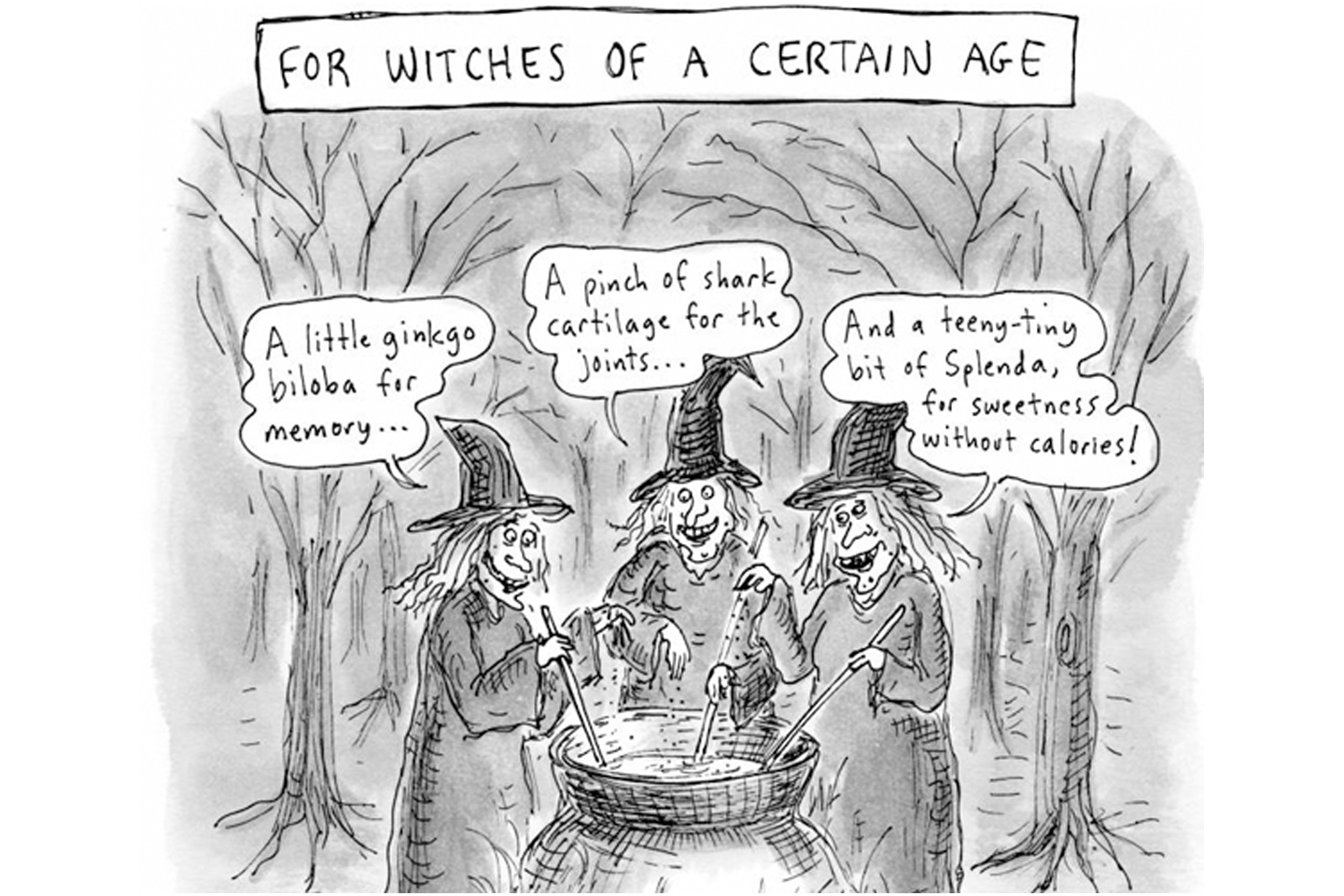It’s Rising Appeal to Generation Z
Paganism is popularly associated with heresy and ‘false Gods’ by Abrahamic religions, though its actual definition describes it as a movement that incorporates beliefs and practices from outside mainstream religion, especially nature worship. Contemporary Paganism (or Paganism as we know it today) refers to a new religious and spiritual movement influenced by the beliefs of pre-modern peoples. It was originally a derogatory term for polytheism, implying its inferiority to Abrahamic religions of ‘the one true God and Salvation’.
Enter Generation Z. Known for its value for individual freedom, liberation and a self-determined approach to life, this generation (along with Millennials) has many members who describe themselves as ‘spiritual, but not religious’. Consensus shows that organized religion is in decline across the UK and US, both places becoming increasingly secular. There is an increasing aversion or scepticism about organized religion in Gen Z and Millennials, which is justified if we assess this trend through the values of these younger generations.
Many young people are leaving organized religion because of their increasingly inquisitive spirit. They want to ask theological questions without having shame or condescension attached to them, and they do not want to be part of an organization that promotes any form of discrimination or intolerance. Pastor and author James E. White talks about this in his book: “ Instead of asking, ‘Does God exist?’ the question is now, “What kind of God would call for the killing of an entire people group? Instead of testimonies about lives changed through Christ, their question would be why lives currently lived by Christians aren’t more changed but are instead marked by judgmentalism, hypocrisy, and intolerance.” Many teenagers and young adults find themselves outgrowing the value system of their old religion to ask such questions without fear of persecution.
Gen Z looks for an intersectional, inclusive and politically correct approach to things, which we see in the Feminist, Racial Equity and LGBTQ+ Pride movements. These values do not fit right with the patriarchal, often bigoted and heterosexist organization and beliefs of Abrahamic religions which feature a supreme male deity and discourages the sexual liberation of women and femmes. In the words of University of Alberta anthropologist Kate Kingsbury, “Old deities and saints are just no longer relevant for women in our time. If you look at Mary, for example, she’s a very meek and mild figure and role model.” Women of today find matrifocal Wicca, its Wiccan creed of ‘Do no harm’ and the prime Wiccan deity of the Goddess is much more empowering. This ingrained feminism and equity increase its appeal to LGBTQ+ people, people of colour and women.
Young people of today face constant technological overwhelm burnout in the Internet Age. A huge part of Paganism being reverence and return to nature, appeals to Gen Z looking for spiritual connection through the Earth. This is similar to the counter-development of Romanticism and Transcendentalism during the Industrial Revolution. Pam Grossman points out, “The more technological we become, the more we long for connection to the sensorial, the natural, the spiritual.”
For most Pagans, their spiritual path is about self-direction and free-will over blind-faith. Paganism endows and empowers them with the spiritual power back in their hands. Unlike in organized religion, Pagans are free to take their own path among many within the religion without restriction by dogma and doctrine. Young people today have fluidity and are open to experimenting. Religion, which is supposed to be revelatory, simply does not work for many Gen Z-ers with its rigidity and hierarchy. All this begs the question, why should Gen Z not turn to the change-embracing, self-determined and liberating Pagan path and let go of what does not value their individualistic freedom?
Note- This article only aims to show culture phenomena and is not written to derogate any religion or spiritual path, nor advocate for one.

